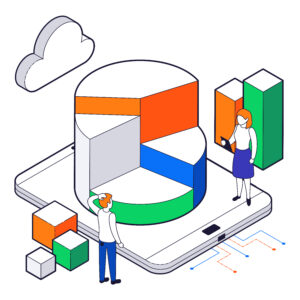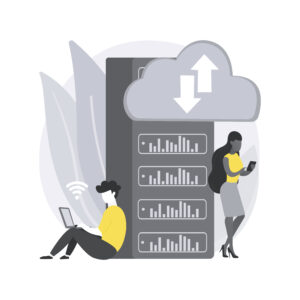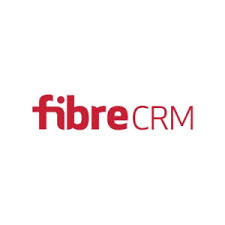Remote Accounting: From Cubicles to Cloud-Based Teams

For decades, accounting firms were defined by cubicles, rows of spreadsheets, and the hum of office printers. That world is changing fast. Remote accounting has moved beyond a temporary solution for emergencies. It has become a strategic model that determines how firms operate, hire, and deliver services. Cloud-based platforms, AI-assisted workflows, and digital collaboration tools are reshaping the profession, creating opportunities for efficiency, talent retention, and stronger client relationships.
The Strategic Shift
The shift to remote accounting is both cultural and operational. Firms are recognizing that requiring employees to be physically present limits access to skilled professionals and drives up costs. According to a 2025 PwC survey, 73% of finance professionals prefer hybrid or fully remote work, and a significant portion would change employers for greater flexibility. Firms that ignore this trend risk losing both talent and clients.
Technology as the Backbone
Cloud accounting platforms such as Xero, QuickBooks Online, and NetSuite provide centralized access to financial data, automated reporting, and real-time collaboration. Remote accounting is not simply working from home; it is a transformation of workflows. AI tools flag anomalies, automate repetitive entries, and generate predictive insights, allowing accountants to focus on advisory work rather than manual processing. Collaboration tools such as Microsoft Teams and Slack support ongoing discussions and decision-making, keeping distributed teams aligned and productive.
Client Service in a Remote World
Some fear remote accounting will weaken client relationships, but the opposite is often true. Digital portals allow clients to upload documents, access real-time reports, and schedule virtual meetings at their convenience. Firms that embrace remote accounting can respond faster, provide more detailed insights, and maintain transparency. One mid-sized firm that transitioned most staff to remote work in 2024 reported a measurable increase in client satisfaction, attributing it to faster communication and greater visibility into financial performance.
Maintaining Compliance and Security
Remote accounting introduces compliance and security challenges, but modern cloud solutions make them manageable. Firms implement multi-factor authentication, encryption, and detailed audit trails to meet GDPR, SOX, and local tax requirements. Staff training reinforces best practices and reduces human error. By combining technology with disciplined workflows, firms ensure that remote accounting is both efficient and compliant.
Building a Remote-Ready Workforce
Remote accounting demands more than technology; it requires a workforce that can operate autonomously while staying aligned with firm goals. Leaders must redefine processes, set measurable KPIs, and cultivate a culture of accountability. Regular virtual check-ins, team-building initiatives, and clear communication channels help maintain morale and cohesion. Firms that invest in remote training and engagement see higher productivity and retention.
The Competitive Advantage
Firms that adopt remote accounting gain strategic benefits. They can recruit top talent globally, scale operations without additional office costs, and present themselves as forward-thinking employers. In contrast, firms that resist remote models risk appearing outdated, which can affect both client acquisition and staff retention. Remote-ready teams are becoming a differentiator rather than an optional perk.
Looking Forward
The transition from cubicles to cloud-based teams is reshaping the makeup of firms. Remote accounting, supported by AI and real-time analytics, allows professionals to move beyond traditional reporting and focus on strategic insight. Firms that embrace this model position themselves to thrive in a digital-first marketplace, attracting talent, satisfying clients, and improving operational efficiency.








